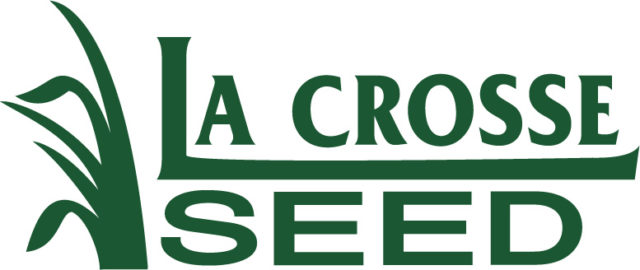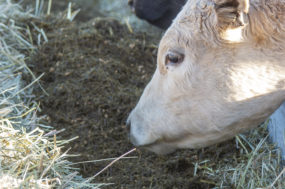The purpose of the EPA's Spill Prevention Control and Countermeasures (SPCC) program is to help facilities and farms prevent a discharge of oil into navigable waterways.
Program regulations affect farms that store more than 1,320 gallons of oil or oil products in aboveground containers or more than 42,000 gallons in completely buried containers – those farms are required to develop, maintain and implement an oil spill prevention plan by May 10, 2013.
The recent action by Congress, however, prevents the EPA from enforcing the plan until late September. In the meantime, congressional efforts will focus on revising the SPCC rule as it applies to farm SPCC plans.
Sen. Inhofe of Oklahoma, who sponsored the amendment to delay enforcement, has already co-sponsored a bill with Sens. Pryor and Boozman, both of Arkansas, to provide more exemptions for small farms and help farms reduce compliance costs.
Farmers who are currently subject to the regulation must decide whether to proceed with compliance and be prepared for a possible September deadline, or wait and see if Congress changes SPCC requirements before the end of September.
Those who have already developed SPCC plans can keep in mind that the plan may still be required in the future and could also be a useful tool for reacting to an oil spill that could contaminate a waterway, thereby reducing the farm's environmental liability risk. FG
—From Peggy Hall's post on the Ohio Agricultural Law blog










